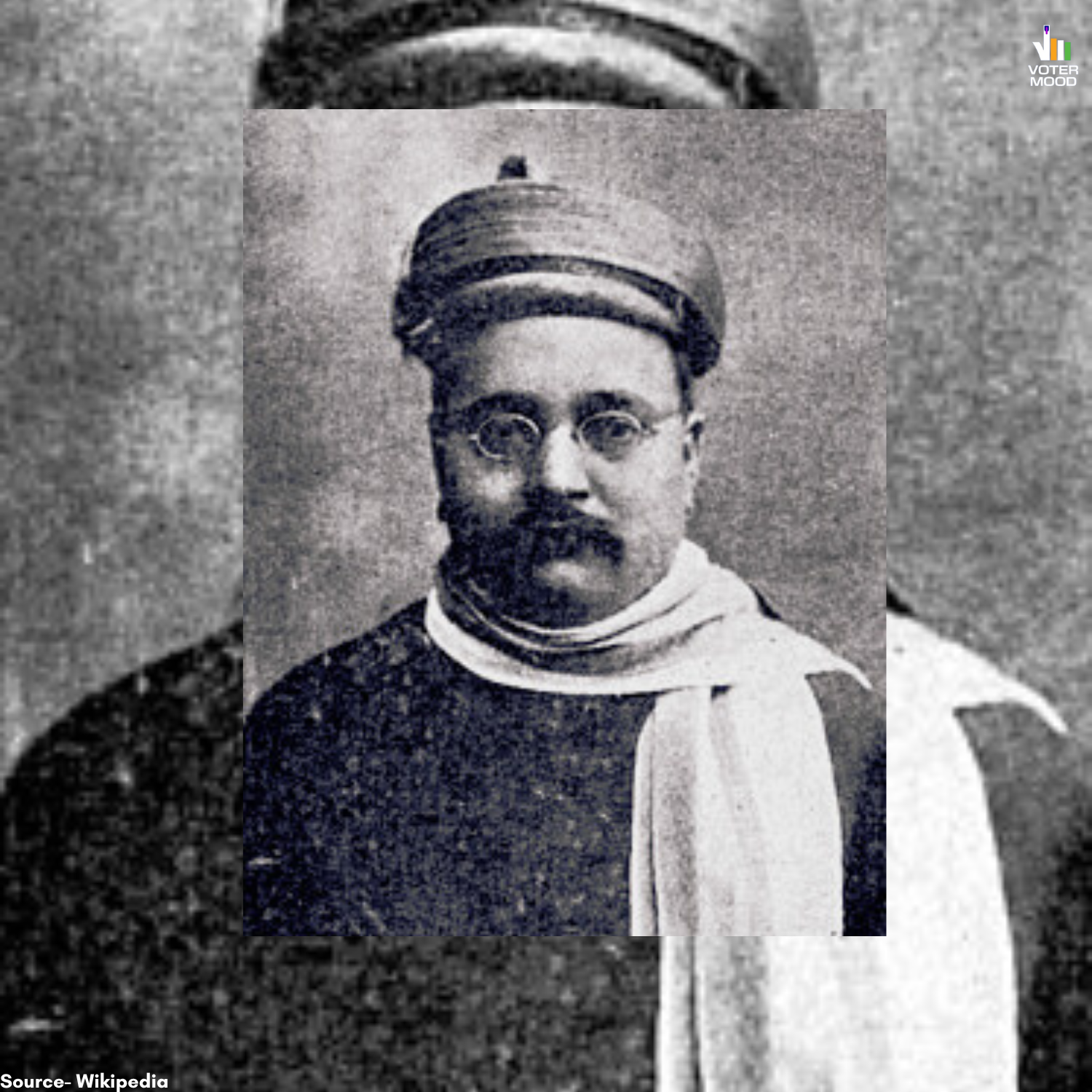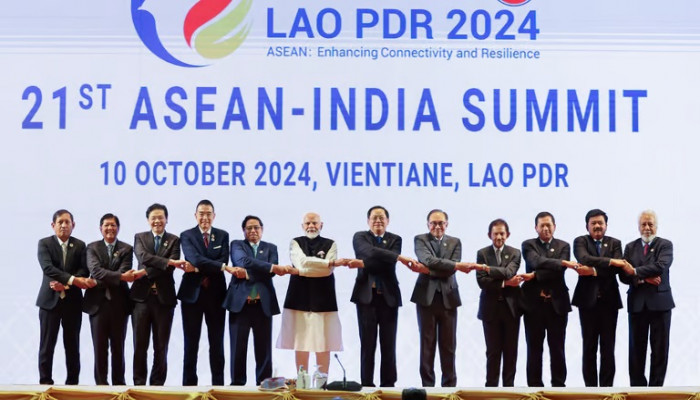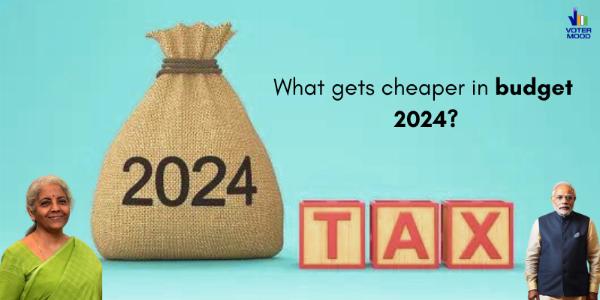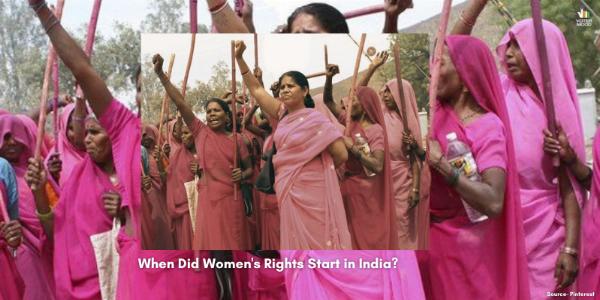 Infographics for Backlinks – Visual Goldmines for Authority Sites!
Infographics for Backlinks – Visual Goldmines for Authority Sites!
Who did Mahatma Gandhi consider as his political guru?
Written by Votermood- Election Campaign Agency » Updated on: June 17th, 2025

Mahatma Gandhi, a key figure in the Indian independence movement, is not just famous for his views on non-violence alone, but also for his deep knowledge of political dynamics and the way social change happens.
Gopal Krishna Gokhale, Gandhi's political guru, is the chief architect of its political ideology and approach to the problem.
He grew up to develop their relationship as if it were the transfer of creative teachings and the growth of thoughts that would later guide the majority of people who demanded winnings from colonial rule.
Mahatma Gandhi Political Guru
Early Life and Gokhale's Influence
Gopal Krishna Gokhale was born on 9 May 1866 in a small village in Maharashtra, India. He was at the forefront of a movement for a free India based on social reform and educational enhancement.
Gokhale was a member of the Indian National Congress, where he lobbied for moderate reforms, a step towards greater independence from British rule.
He believed in the importance of education and economic development in the process of national regeneration.
Gandhi and Gokhale were first introduced to each other in India after he came back from South Africa in 1915. By this time, Gandhi had already begun to cultivate ideas on non-violence, civil disobedience, and social justice, given his experiences in South Africa.
However, it was Gokhale’s conviction that reshaped his strategies and thoughts that gave him such a great impact.
Gokhale believed that patience, dialogue, and constitutional means were the crucial elements in the fight for political rights. Instead of initiating some quick and repeated changes, he suggested a strategic plan to fill the gaps.
This view was greatly related to Gandhi who was on the lookout for a way that would empower the masses while at the same cause no considerable harm to the British authorities. Nevertheless, he was a great leader to be respectful of.
Gandhi-Gokhale:- The Mentor-Mentee Relationship
The relationship between Gandhi and Gokhale was marked by admiration and respect. Gandhi did not only see Gokhale as his political mentor but also as a moral guide. Gokhale’s passion for social justice, education, and the improvement of the poor encouraged Gandhi to embrace these principles in his work as well.
Gokhale was convinced of the importance of comprehension of Indian people’s living conditions. He emphasized that the position of a real political leader can be achieved if the leader is closely connected with the people and is fully aware of their basic needs.
The philosophy of Gandhi was grounded in genuine concern for the poor and close communication with the poor people.
When they were engaged in conversations, Gokhale spoke with Gandhi about his plan for India. One of his ideas was to allow self-governance and the cultivation of the Indian national identity.
It was his belief that independence could only be achieved through the presence of the entire Indian population.
Gandhi learned from these principles and integrated them into his activities of fighting for civil liberties and social reformation.
Ideological Synchronicity
There was a stroke of ideological harmony between Gandhi and Gokhale regarding their conviction that peaceful means were the only right methods of resistance.
Gokhale’s support of the use of the constitution for acting on the problems of the country and resisting the British was a principle that was later adopted by Gandhi in his fights.
This was a way of the application of Gandhi’s concept to political activism.
Gokhale's Legacy
Gokhale was also a man with a vision of economic self-sufficiency, which was later turned into a crucial part of Gandhi’s theory.
Gokhale's principle of attaining self-sufficiency in the economy was mainly the Swadeshi movement of Gandhi, which stressed the use of Indian goods and boycotting British imports.
He was moderate in his political ways which made him often called so, but the nature of his acts based on his beloved qualities of patience, and moral integrity was what won the gratitude from Gandhi.
Gandhi as a politician put moral concerns into the first place, a feature he learned through Gokhale.
However, he acknowledged as often the fact of Gokhale’s principle in which he based his views on the definition of the Indian political landscape and on the moral issue.
Out of a series of public actions that were the core of his political career, there were two that stand out: The Non-Cooperation Movement and the Salt March. These campaigns were based on both his religious and national self-promotion and gave him a deep imprint that he had gotten from Gokhale.
The starting point is attributed to the lessons learned from Gokhale to Gandhi which enabled him to demonstrate his skill in assembling the masses to join the campaign for independence.
Here are some of the effects that Gokhale had on Gandhi: besides forming his personal ideologies,
Gokhale's teachings influenced many other Indian National Congress leaders and added to the larger nationalist discourse in India. Gokhale's idea of a united India was based on the principle of justice and economic development, and this served as a platform for them to close that gap.
India's liberation can be ascertained by Mahatma Gandhi’s acknowledgment of Gopal Krishna Gokhale as his political guru, which materializes the strength of mentorship and the influence of brilliant ideas on the growth and development of the individual.
Gokhale’s vision of a self-sustaining, united, and progressive India in addition to his dedication to ethical political acts were the features that most influenced Gandhi’s leadership and activism.
Conclusion
During Indian history the figure of Gokhale is an indisputable figure, for his participation in the struggle for freedom and intellectual and moral development to Gandhi, notwithstanding.
This way the connection between these two leaders brilliantly illustrates how mentorship can be deeper than one generation, and how it can puzzle the periods of history and nations’ lifetimes.
Mentorship theory and practice was a new wave in the course of world history. This was evident in the case of Mahatma Gandhi and Gokhale.
The thing that linked Gandhi, as a leader, with the teachings of Gokhale, was the ideology of compassion, justice, and non-violence, from which he could raise the idea of liberation of India from the colonialists.
Gokhale's legacy has been a springboard for current generations learning leadership skills and encourages thinking back to the potential of philosophical thoughts for achieving justice and equality, which lasted a particularly long time.
Note: IndiBlogHub features both user-submitted and editorial content. We do not verify third-party contributions. Read our Disclaimer and Privacy Policyfor details.
Copyright © 2019-2025 IndiBlogHub.com. All rights reserved. Hosted on DigitalOcean for fast, reliable performance.














